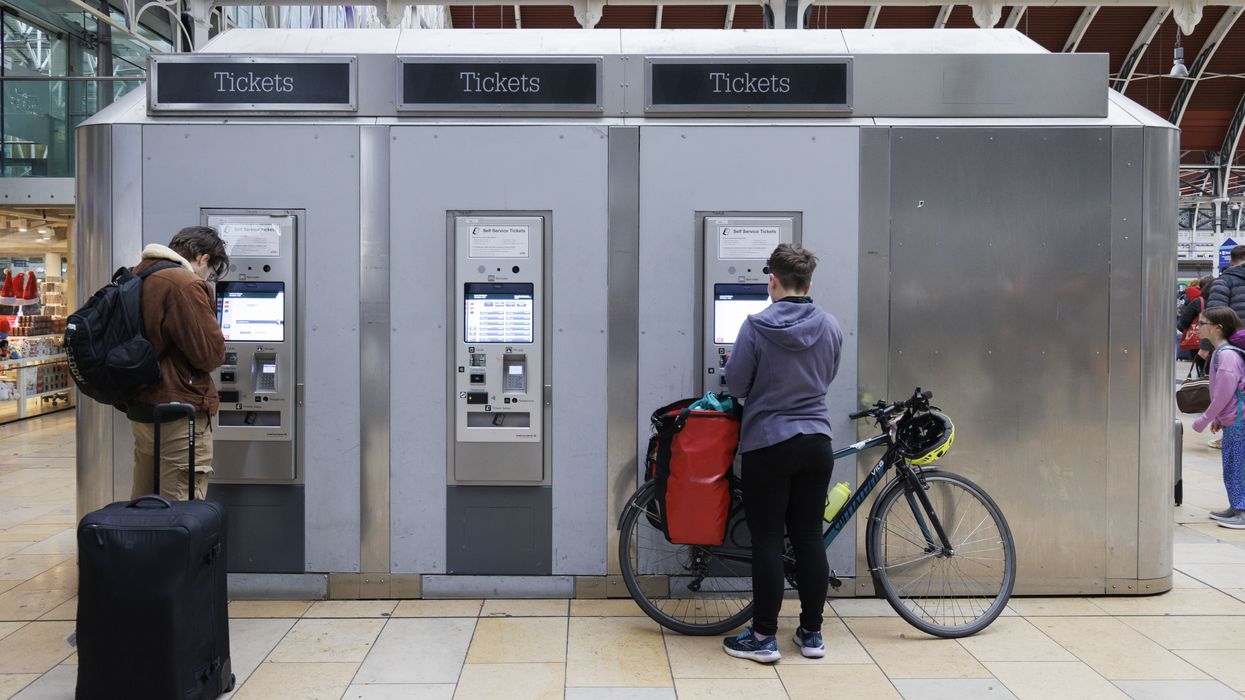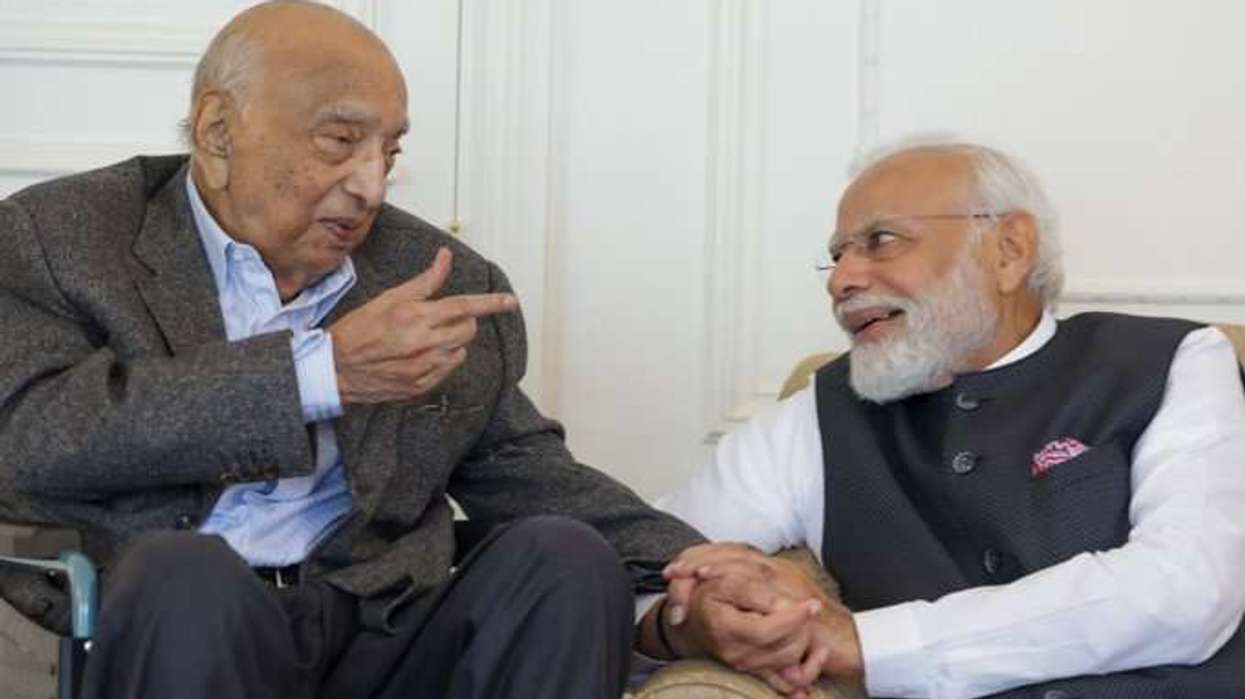REGULATED rail fares in England and Wales have increased by 4.6 per cent, and the cost of most railcards has gone up by £5.
The government said the fare rise was necessary to support investment in the rail network, but transport secretary Heidi Alexander acknowledged public frustration over delays and cancellations.
The increase applies to most season tickets on commuter routes, some off-peak returns on long-distance journeys, and flexible tickets used in cities.
Train operators set prices for unregulated fares, but these also tend to rise in line with regulated fares.
About 45 per cent of train fares are regulated across England, Wales, and Scotland, but the latest increase only applies to England and Wales.
In Scotland, fares are set to rise by 3.8 per cent in April. In Northern Ireland, Translink has not yet announced any changes.
Passenger Adrian Rose from Kent described to BBC rail fares as "crazily expensive," saying it costs his family over four times more to travel by train than by car.
Celia Downie from Bristol, who regularly uses trains for work and leisure, told BBC she would continue to do so despite high prices but called the experience "appalling" at times.
The Campaign for Better Transport said the rise adds to financial pressures on households.
It warned that high ticket prices deter passengers and called on the government to lower fares.
The government plans to renationalise three rail operators in 2025 and set up Great British Railways to oversee services.





